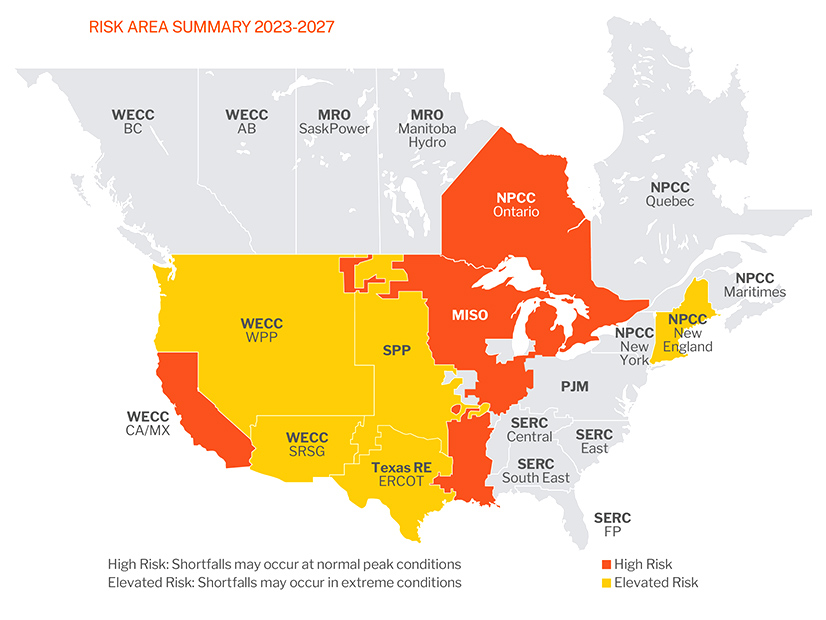
A new report dives into the role demand response (DR) and distributed energy resources (DER) play in the reliability of the rapidly evolving North American power grid.
“Unlocking the Full Potential of DERs: Overcoming Capacity Pricing and Other Barriers to Ensure Grid Reliability” is a collaboration by energy consultant Wood Mackenzie and DER developer CPower.
The report notes what the North American Electric Reliability Corporation and others have warned about: Large swaths of the United States face a growing risk of outages in peak demand periods or during emergencies as the nation moves from a centralized, predictable power flow to a distributed, dynamic grid.
The report continues:
While DR is not a baseload resource, it has proved highly reliable under severe conditions as traditional dispatchable power is supplanted by intermittent renewables.
DR, as the largest class of DER, is an increasingly important part of the resource stack in energy markets — the diverse sizes, locations and types of DR assets adds resilience and flexibility.
DR needs strong, consistent capacity price signals to promote enrollment and retention. These signals include ensuring that wholesale energy prices do not erode capacity prices; maintaining capacity pricing stability and predictability for customers who want to participate in DR programs, especially commercial/industrial customers; and addressing the common misconception that DR has zero costs and can stay in a capacity market as the price rides down to zero.
DR carries no capital costs but there are administrative and opportunity costs — so it is easy, even advantageous, for customers to stop participating when prices fall.
Adequate capacity pricing and capacity accreditation for DR are important.
The right price signals, such as a price floor, would reassure participants about the viability of the DR market.
CPower is developing what it calls the “Customer-Powered Grid” through DER monetization and virtual power plants — it has 6.3 GW of capacity at 20,000 sites across the U.S. It is owned by LS Power.
Wood Mackenzie provides global research, analysis and consulting in energy, renewables and natural resources.



